Pavement Ants In Your School? Where do they live?
 Those tiny black to brown ants, barely 1/8 inch long called pavement ants thrive in their nests under driveways, patios, sidewalks and slab-constructed buildings.
Those tiny black to brown ants, barely 1/8 inch long called pavement ants thrive in their nests under driveways, patios, sidewalks and slab-constructed buildings.
Learn how quickly they can multiply, and how to “ant-proof” a building.
Pavement Ants In Your School? What attracts them?
In the Spring, pavement ants are a particular nuisance in schools where there are lots food sources from the cafeteria, vending machines, waste containers, student lunch sacks and boxes, and food or food containers discarded by students in hidden corners that might not be discovered for weeks–at least by humans.
Those tiny pavement ants have an uncanny inner “food scent radar”, and will find the food sources long before they are discovered by even the most experienced, skilled school custodial team.
Pavement Ants In Your School? What’s at risk?
 As the ants move about, they can contaminate children’s lunch boxes and even the school cafeteria. Once they’ve crawled from their hidden spaces on and under the floor, then all over our children’s food and food containers, it’s a bit like the children are now eating off the floor!
As the ants move about, they can contaminate children’s lunch boxes and even the school cafeteria. Once they’ve crawled from their hidden spaces on and under the floor, then all over our children’s food and food containers, it’s a bit like the children are now eating off the floor!
It’s no wonder that colds, flues and other sickness seems to spread rapidly in a school environment, then back home to the family. The pavement ants are helping make this possible.
Pavement Ants In Your School? Is even the best custodial team up to the challenge?
Schools can take all the most stringent measures against the pavement ant invasion. Custodial teams can clean everything down daily. We suggest they also wipe surfaces down with vinegar–an odor that repels pavement ants. Yet, no custodial team can ensure that every hidden, discarded bit of food is located and eliminated.
Cafeteria staff can tightly seal all food in ant-proof containers, however, it doesn’t take much to attract the ants.
Grounds staff can strive to locate and eliminate every visible pavement ant colony under the surrounding sidewalks, asphalt slabs, in the foundational cracks of an aging school structure. In some cases applying a pesticide to an outdoor pavement ant colony may make the colony look as if it has disappeared when, in fact, it’s actually driven the colony into the school!
Pavement Ants In Your School? What constitutes adequate protection for children and school staff?
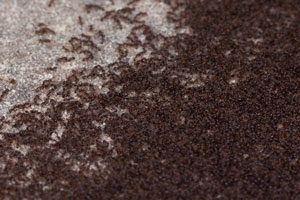 Adequate protection of our children from pavement ants and the disease they carry requires a licensed professional exterminator. A professional exterminator has the experience and the tools to locate and safely eliminate the source of the pavement ants.
Adequate protection of our children from pavement ants and the disease they carry requires a licensed professional exterminator. A professional exterminator has the experience and the tools to locate and safely eliminate the source of the pavement ants.
In addition, a licensed professional represents a new set of eyes, from outside the organization, inspecting the school building, grounds, classrooms, offices, break rooms, gym, waste containers and cafeteria for hidden food sources that will attract pavement ants. The pest control expert can even help create or review school building and grounds policy where it speaks to conditions that could attract pavement ants and other pests.
Pavement Ants In Your School? Contact a licensed pest control professional.
When a school calls a licensed pest control professional, it’s a sound investment in our children’s health and future. If it helps eliminate even a small portion of student and teacher absences due to illness, is it not worthwhile?
Call ApolloX Pest Control
(888) 499-7378
Licensed, professional pest control for schools, restaurants, commercial buildings and homes.






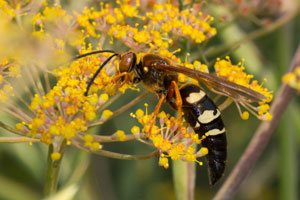
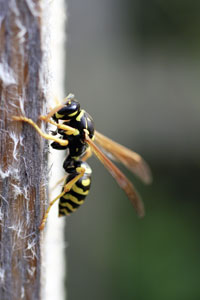
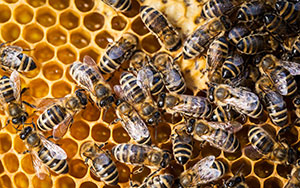
















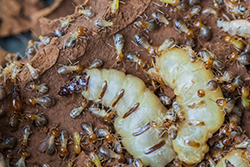

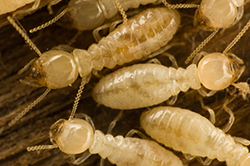

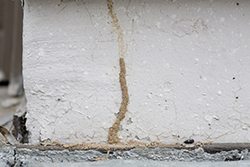
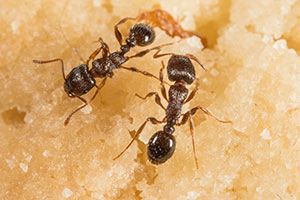

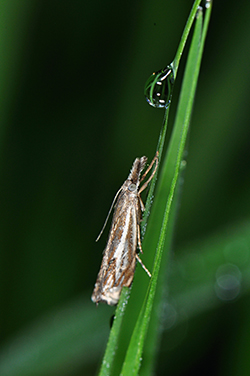
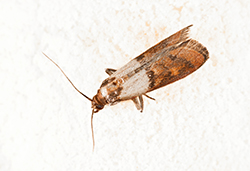

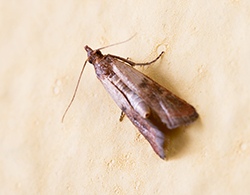
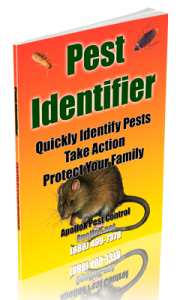





Recent Comments